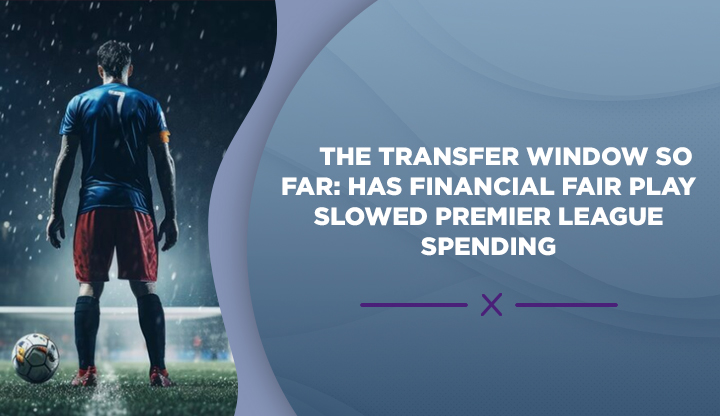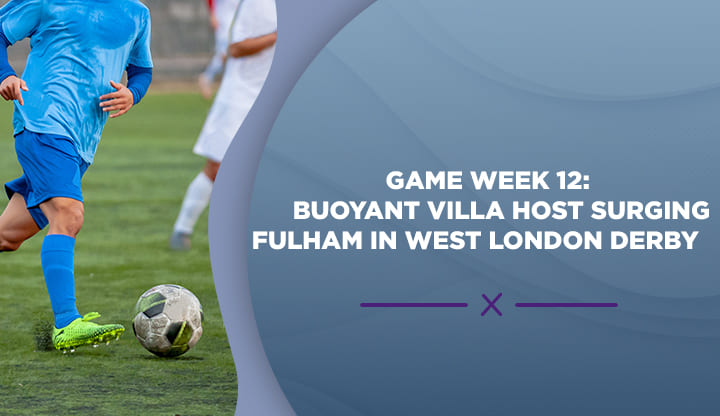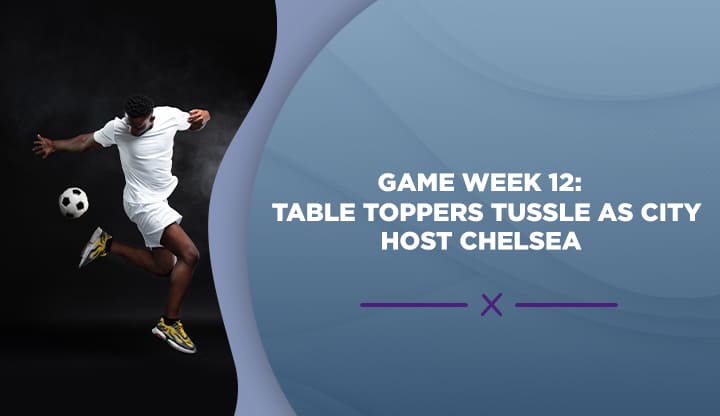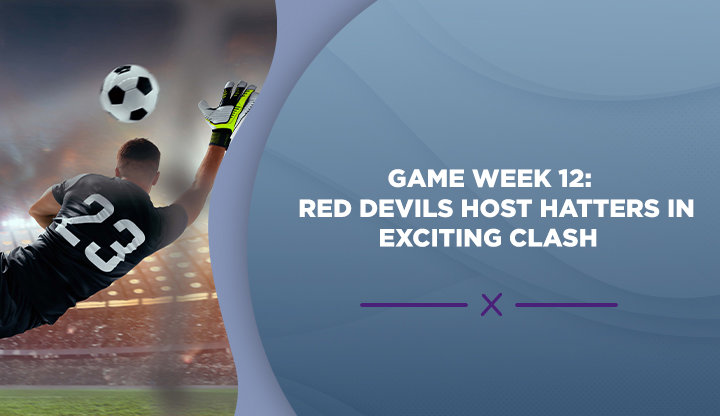The Transfer Window So Far: Has Financial Fair Play Slowed Premier League Spending?

The January transfer window has been open for over two weeks, but most Premier League clubs seem unaware. Rather than the usual frantic energy around mid-season signings, an unusual stillness has come over the richest league in the world. Even big spenders like Chelsea have been remarkably restrained so far. Teams at the bottom, who would normally see January as a vital chance to sign players and avoid relegation, have not been panicking to spend either.
Those who work in the transfer industry have noticed the shift away from excess. The widespread view is that clubs are being cautious about financial fair play rules. These regulations don't allow losses of more than £105 million over three years.
According to sources, Everton's 10-point deduction for breaking profit and sustainability rules has made clubs nervous about spending. Clubs who want to sign players say they have to be careful before committing. The new charges against Everton and Nottingham Forest will hardly build confidence either.
Of course, it's too early to declare the transfer circus has permanently left town. A quiet start to January is common. Last year began slowly too. Liverpool had a £37 million deal for Cody Gakpo ready on January 1st. Relegation battlers Leeds and Southampton were active early on. Chelsea signed four players by the 15th. Aston Villa brought in Alex Moreno on the 11th. Many big and small deals went through towards the end of the window.
Panic often drives behavior. Well-run clubs tend to operate smoothly in the summer window. If they spend in January, it’s fine-tuning rather than emergency repairs. Clubs in trouble usually try to fix mistakes in January. But value is scarce mid-season. The buyers are often in a weak position, forced to pay high prices out of desperation.
West Ham, for example, planned a quiet January before a sudden injury crisis forced them to search for attackers. Mauricio Pochettino said Chelsea's need for a striker will grow if Christopher Nkunku's hip injury is serious. There could still be a sudden rush of deals. Newcastle and Tottenham want midfielders. Spurs have already broken tradition by loaning in Timo Werner and signing Radu Dragusin for £25 million early on. Perhaps one big signing will kickstart the market.
Yet the overall mood is subdued. Rumors are limited. One Championship manager wants four players but is constrained by finances. Arsenal needs a striker but even Ivan Toney seems too expensive now. Chelsea wants a striker too but Victor Osimhen would be costly. FFP worries mean they'll listen to offers for Conor Gallagher. Unlike big spenders Bournemouth last January, this season's promoted teams have tiny budgets. Burnley and Sheffield United have mostly relied on loans so far.
At the top, Aston Villa's manager Unai Emery has said they may need sales before they can buy, despite an unlikely title challenge. Even Newcastle's Saudi owners cannot just spend freely towards glory. When Newcastle's CEO raised possibly selling a star this summer, it was hard not to point to FFP's influence.
Hopes that Saudi clubs would pay big fees for fading Premier League names also look optimistic. After heavy spending last summer, the message from Saudi Pro League clubs now is that there won't be major moves, just moderate purchases.
That gap is unlikely to be filled by European clubs either. Spanish, German and Italian teams struggle to afford Premier League fees and wages. Borussia Dortmund could only loan Chelsea’s Ian Maatsen and Manchester United’s Jadon Sancho. Bayern Munich signed Eric Dier from Tottenham but that's a rarity this window.
Adding to the complication, clubs have to consider players being away for the Asian Cup and Africa Cup of Nations. Missing squad members during tournaments makes clubs want to hold on to backups, yet it also makes little sense to buy short-term injury cover for someone who'll return from international duty soon anyway. The risk with buying someone like Victor Osimhen now is that he'd miss half of February if Nigeria go far at Afcon.
All this means money is barely moving, slowing down the market. At this point last year, Chelsea were chasing Enzo Fernandez, Newcastle signed Anthony Gordon, Arsenal bought Jakub Kiwior, Leandro Trossard and Jorginho. Right now there's a real danger of crickets chirping at the transfer deadline.
So has financial prudence replaced Premier League excess for good? Stronger regulation seems to have cooled reckless spending. But the real test will come later in January if injuries or poor results create desperation. A few major deals could still change the tone and show financial caution has its limits at the top level. But for now, a newfound transfer restraint has taken hold.
RECENT

Champions League
Constitution Hill’s Champion Hurdle Prep Disrupted after Unsatisfactory Scope
Jan 23rd, 2024 By Ben Joseph
Premier League
Iroko’s Miracle Comeback – Cheltenham winner back in training after injury surprise
Jan 23rd, 2024 By Ben Joseph
Football, Premier League
Game Week 13: High-Flying Bees Host Red Hot Gunners
Nov 20th, 2023 By John McMullen
Football, Premier League
Game Week 13: Battle For Bragging Rights at St. James’ Park
Nov 20th, 2023 By Ben Joseph
Football, Premier League
Game Week 13: Title Showdown at Stamford Bridge
Nov 20th, 2023 By John McMullen
Football, Premier League
Game Week 12: Buoyant Villa Host Surging Fulham in West London Derby
Nov 10th, 2023 By Ben Joseph
Football, Premier League
Game Week 12: Can Forest Chop Down the Hammers?
Nov 10th, 2023 By John McMullen
Football, Premier League
Game Week 12: Rampant Reds Host High-Flying Bees
Nov 10th, 2023 By Ben Joseph
Football, Premier League
Game Week 12: Can Plucky Blades Clip High-Flying Seagulls’ Wings?
Nov 10th, 2023 By Ben Joseph
Football, Premier League
Game Week 12: Table Toppers Tussle as City Host Chelsea
Nov 10th, 2023 By Ben Joseph
Football, Premier League
Game Week 12: Red Devils Host Hatters in Exciting Clash
Nov 9th, 2023 By Ben Joseph